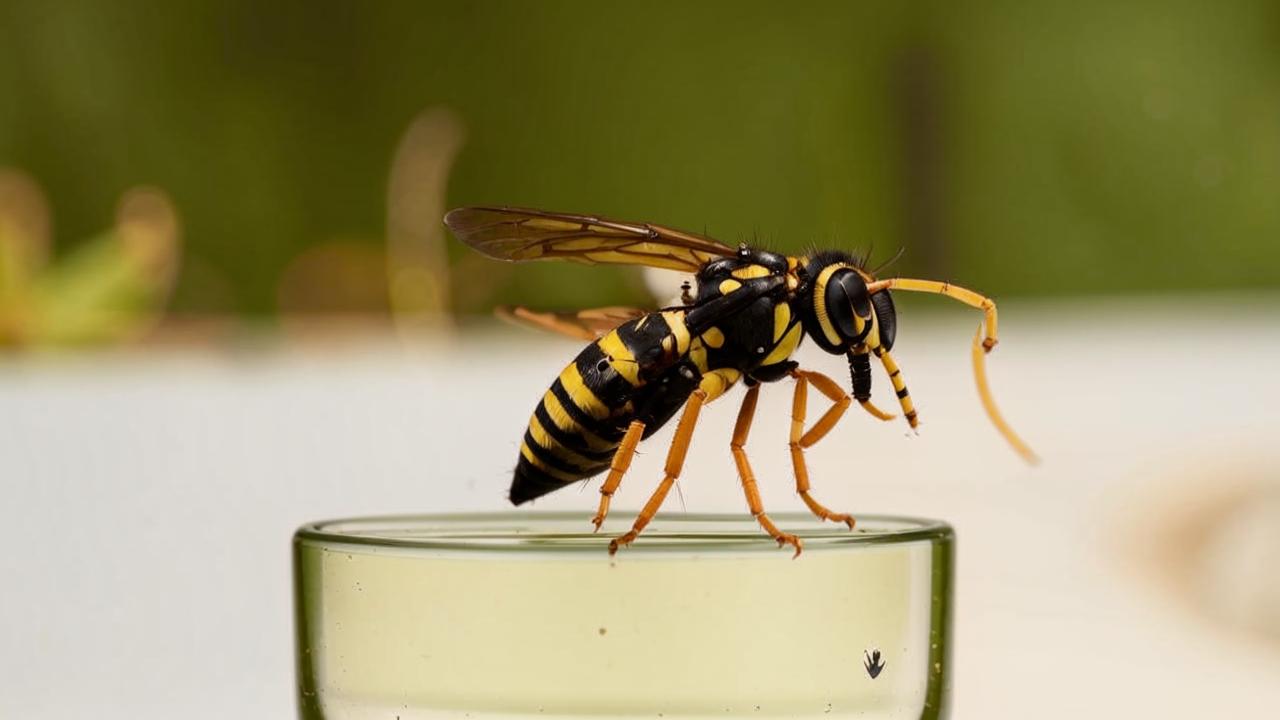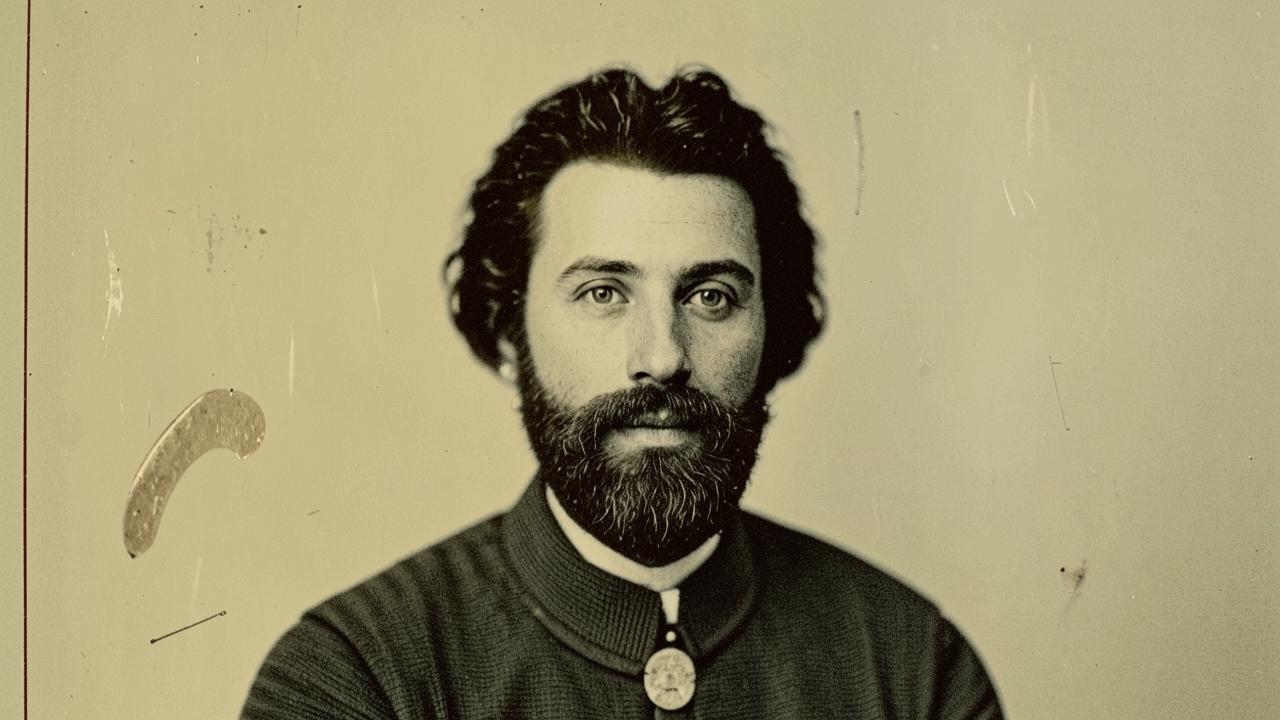What to do if you are stung by a wasp or bee. Instructions from your doctor

Before you start treatment, find out what kind of insect stung you.

certified clinical geneticist, nutritionist, expert of UniProf Academy of Physicians.
What to do if you have been stung by a bee or wasp? How to alleviate the consequences of sting allergy?
The period of summer and autumn preparations is usually rich in events and emotions: so many bright colors, smells and tastes appear on the table. But they attract not only us, but also various insects such as bees, bumblebees and wasps. Sometimes we don’t have time to dodge them, and they can sting.
How to find out who stung you
To begin with, bees and wasps are not the same thing. It’s not easy to tell these insects apart, but it’s important to do so.
- Bees are brown with yellow stripes and have hairs on their bodies.
- Bumblebees are more stocky and furry than bees, but look a lot like them.
- Wasps, on the other hand, are a little different – black, yellow stripes are much brighter, the body is longer and has a noticeable “waist”, and they also have almost no hair.
You should know that when stung, bees leave their serrated sting and then die. Wasps, on the other hand, can pull it out and continue to use it for defense.
What to do if you are stung
Please note: Determining whether you have been stung by a bee or a wasp is most important, because if it was a bee, you must remove the stinger. In the case of a wasp, you can immediately start treatment.
If there are no antiseptic agents at hand, you can use:
- ordinary running water,
- a slice of cucumber or tomato,
- deodorant or toothpaste,
- a slice of potato, onion, garlic or lemon.
All this will calm the itching and delay the growing pain, but antiseptic these products, of course, can hardly be called antiseptic. Therefore, at the first opportunity, it is better to still try to treat the wound with chlorhexidine, hydrogen peroxide or at least iodine. It needs to sanitize it and prevent the entry of infection.

What to do if there is an allergy to the sting
The sting of a wasp can provoke a strong allergic reaction, especially in those who are predisposed to it. And adults, as a rule, know this and have antihistamines just in case.
If an insect bites a child, you need to be much more careful. An allergic reaction in children develops almost instantly, and it is important to be prompt. Recognizing the symptoms of allergies is key to seeking medical attention as soon as possible.
- Swelling of the eyes, mouth, or any area separate from the bite.
- Hives, swollen welts on the body.
- Sneezing, itching and phlegm.
- Watery and itchy eyes.
- Coughing, shortness of breath, wheezing in the chest.
- Dizziness, feeling of vomiting, loss of consciousness.
If it is not possible to quickly go to the nearest medical center, it is recommended to immediately take an antihistamine drug such as “Suprastin” or any other drug that works with the histamine H1 receptor (the instructions to the drug are always written with which receptor it works). In respiratory failure helps “Ventolin”, but in this case it is important to get to the doctor as soon as possible.
If several symptoms appear at the same time, anaphylaxis can occur, and the only treatment that can save a life is adrenaline. This is rare, but it does happen.
About what to do if allergy pills do not help, told in this article.
How to prevent you from being stung
The sting is very easy to prevent by observing small precautions.
- Do not go near bee hives or wasp nests. Ask your children not to throw rocks or other objects at them.
- If one of these insects lands on you, do not try to chase it away. It’s best to stay put or make slow movements until it flies away.
- Avoid areas with garbage and food scraps, especially “sugary” ones.
- After sipping from an opaque flute, it is better to cover it with a napkin or lid. Insects often get into glasses, jars and flutes to eat tasty things. But an accidental “bite” to the throat or tongue can make it impossible to breathe.
- If you want to pick up an apple or pear from the grass, inspect the fruit before you taste it. Make sure there are no others already eating it.
- Don’t wear sweet perfume or brightly colored clothing if you’re going for a walk in the country, as these attract insects.
- Wear sandals to the pool or pond to avoid stepping on wasps that might come down to the water to drink.
- Keep your car windows closed, especially when driving into an area you are unfamiliar with.
- If you have allergies, always carry antihistamines with you.






